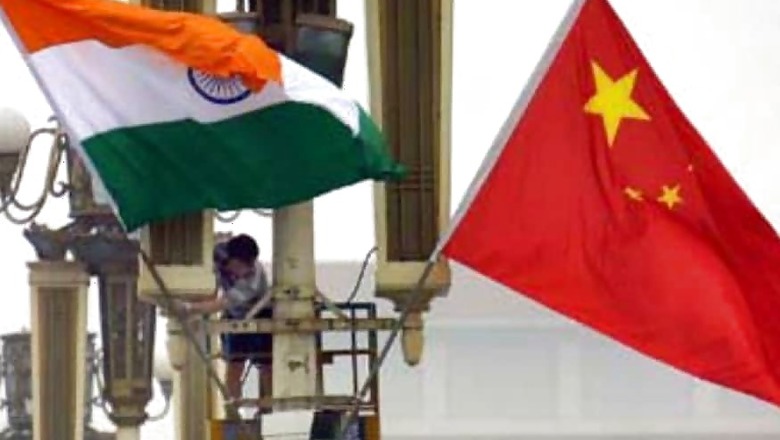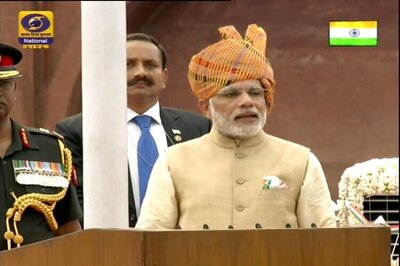
views
Amid the India-China Border conflict, the Chinese Scholarship Council (CSC) has released a list of 50 Indian students who qualified for fellowships 2020-21 for various degree programs.
The Scholarship offered by the CSC, along with a list of qualified students was confirmed through an official notification issued on August 26, 2020 by Kailash Chandra, Section Officer (External Scholarships), under the Ministry of Education.
“The Embassy of the People’s Republic of China has made its final selection of Indian students under various degree programs including Undergraduate, Masters, Ph.D., General Scholar Program, Senior Scholar Program. The CSC has already sent letters to the selected students in this regards,” read Chandra’s letter.
The CSC congratulated the students, and added that due to the global COVID-19 outbreak, the immigration policies for international students to China had not been determined. It said that the registration date and course arrangement would be notified to students by their university, accordingly. and that admission documents would be provided later.
Most students achieved scholarships for studying ‘Chinese Language and Literature’ followed by ‘International Business and Relations’.
The other scholarship streams grabbed by the Indian students are – Architecture, Engineering Management, Computer Science and Technology, Journalism and Communication, Fine Art (Textile Design), Sculpture, MBA, Arts, Hydrology and Water Resource, Chemical Engineering and Technology, Medicine Image Science and Nuclear Medicine, Computer Science, Business Administration.
Indian and Chinese armies have been locked in a tense standoff in eastern Ladakh for over three-and-half-months despite multiple rounds of diplomatic and military talks. The tension escalated after 20 Indian soldiers were killed in the Galwan Valley clash in which Chinese military also suffered casualties.
The incident triggered a massive outrage in India against China.
Recently, India’s Chief of Defence Staff Bipin Rawat had said that “forces are ready” if deescalation talks between New Delhi and Beijing failed.
In July this year, the Centre banned 59 Chinese mobile applications, including top social media platforms such as TikTok, WeChat and Helo, to counter the threat posed by these applications to the country’s ‘sovereignty and security’.
Even as the anti-China protest gained momentum, Beijing suffered another setback after a Chinese national was arrested in a raid by the Income Tax Department for allegedly running a hawala network for Chinese companies.




















Comments
0 comment